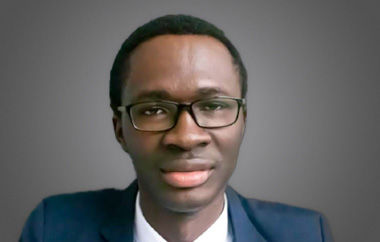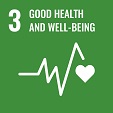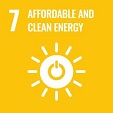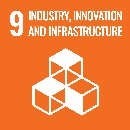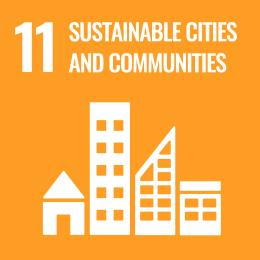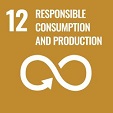PhD in Construction Engineering and Management
Current position: Lecturer/Assistant Professor at Edinburgh Napier University, United Kingdom
Research focus: green building/sustainability, green supply chain management; offsite/modular construction; blockchain and AI in construction; construction informatics; building information modelling (BIM); and digital engineering
The building sector continues to use non-renewable resources, consumes large amounts of energy, and emits very large amounts of greenhouse gases. Timothy’s research projects involve using technologies such as Building Information Modelling (BIM), Big Data, Blockchain, cloud-based systems, Radio-Frequency Identification (RFID), and Internet of Things (IoTs) to make building projects more sustainable.
In one of his recently completed projects, Timothy developed a novel cloud-based sustainability assessment (CSA) system to evaluate the ‘greenness’ of residential and commercial buildings in Africa. This CSA system can integrate BIM and IoTs as data sources for sustainability performance analysis. As Nigeria and Africa as a whole do not have a local contextual green building rating system (GBRS), he developed a GBRS for the Nigerian context in consultation with stakeholders and practitioners in the built environment. His research findings will reduce the carbon emissions in major cities such as Lagos or Ibadan: not only in the building sector itself, but also by promoting efficient transportation systems (e.g., car sharing) in the GBRS.
Currently, Timothy is concerned with construction and operational waste, which is a major environmental problem in Hong Kong. High-rise buildings generate large amounts of waste after they are completed. As people buy apartments, 8 times out of 10, the amenities of the apartments are changed to meet the expectations of the new owners. Timothy is implementing the concept of a lean premise design (LPD) scheme to reduce remodelling in high-rise residential buildings. He will develop a cloud-based system that will enable end-user driven design and effective sustainability practices. It will reduce changes made due to ignorance of end-user expectations.
In another recent research effort, Timothy is exploring blockchain technology to address and facilitate sustainability practices in the construction supply chain. He has developed a Blockchain Value Model (BVM), an automated tool that can objectively show the various business value areas where blockchain can benefit a construction organisation or project.
His research projects align with three of the UN Sustainable Development Goals (SDGs): SDG 9 (Industry, Innovation and Infrastructure), SDG 11 (Sustainable Cities and Communities), and SDG 12 (Responsible Consumption and Production).
An excellent and very dedicated scientist, Timothy was recognised by the jury for his research on the use of data-driven technologies for greater sustainability in the metropolitan building sector. He also co-founded a youth organisation in Edinburgh and gives workshops on various topics for members.
The research of Timothy mainly contributes to the Sustainable Development Goals 3, 7, 9, 11, 12:
Take a look at this video that briefly introduces Timothy and his research:





